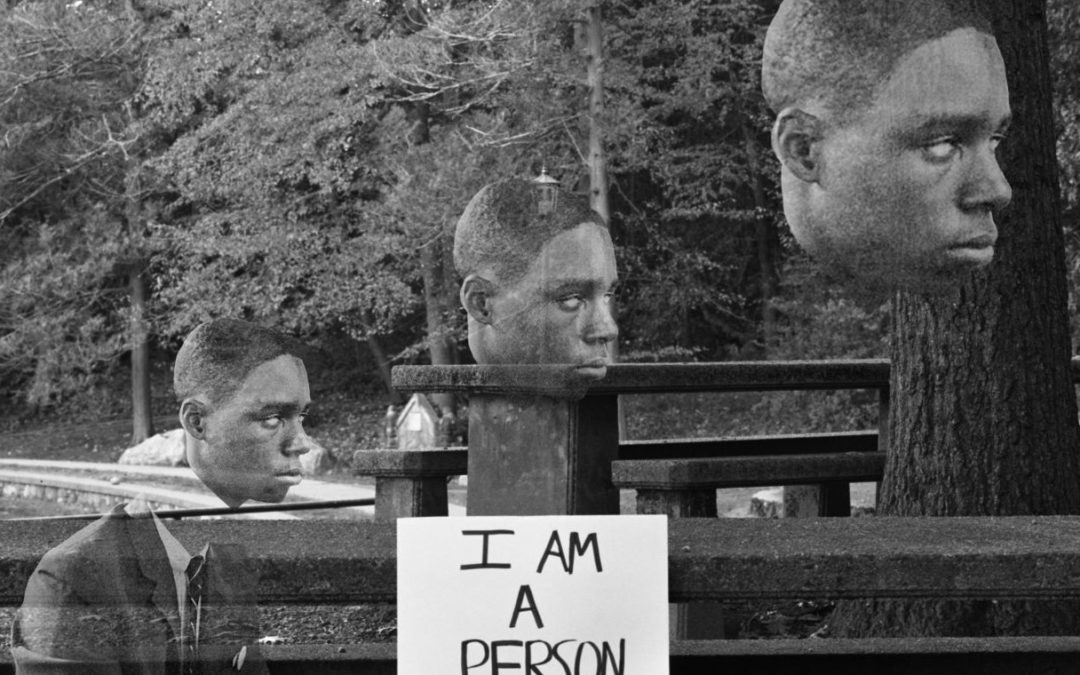
by Lucy Bird | 12 Apr 2021 | Americas, Art, Contest winners, Contests, Educators' Catalog, Human Rights, Student Posts, Westover School, Youth Voices
Inspired by Black Lives Matter protests, I offer a photo essay as a haunting reminder that the fight continues decades after the Civil Rights Movement. This story won a third prize in News Decoder’s Ninth Storytelling Contest. With my photography project, I...
The Black Lives Matter movement has stirred young people around the globe and raised hopes that racism and police brutality against Blacks can be curbed. For many elders, the hopes are tinged by nagging fears that a generation from now race relations will remain strained and injustices will persist. Lucy Bird, a 17-year-old student at Westover School, captures those worries in her haunting series of photos that juxtapose iconic images from the U.S. Civil Rights Movement with glimpses from BLM protests.
Exercise: Ask your students to apply their photo skills to create a visual essay that manipulates existing photographs to capture their concerns about the future.
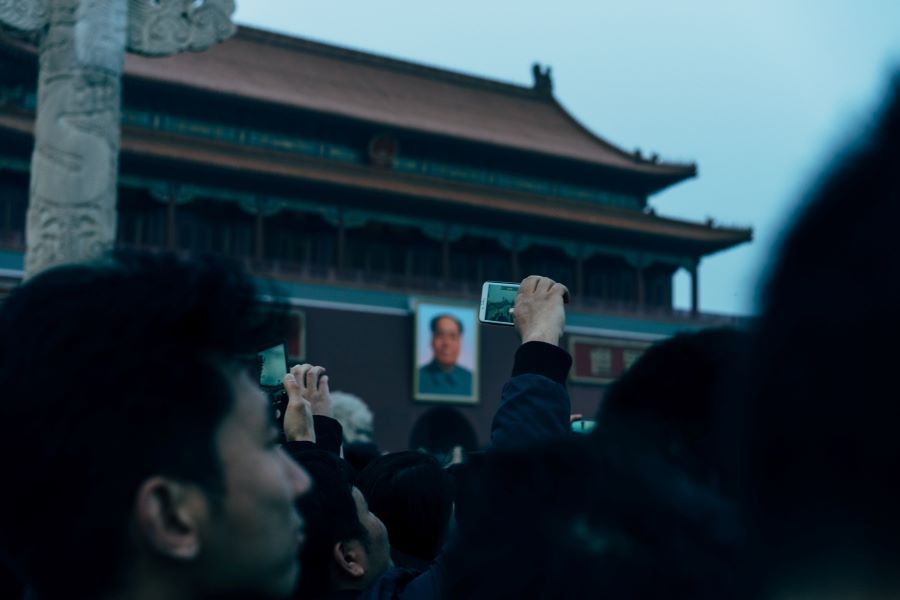
by Li Keira Yin | 7 Apr 2021 | Americas, China, Contest winners, Contests, Culture, Educators' Catalog, Identity, Immigration, Personal Reflections, Student Posts, Thacher School, Youth Voices
Born in China, I decided to study in the U.S. I love my home country but harbor guilt as I become less and less Chinese over time. Photo by Markus Winkler This story was a runner-up in News Decoder’s Ninth Storytelling Contest. Artist’s Statement: I grew up in...
Growing up means eventually coming to terms with one’s upbringing. Doing so can be especially challenging for young people straddling different cultures. In a five-stanza poem, Li Keira Yin of The Thacher School explores the contradictions between the world of her Chinese grandparents and her life at a boarding school in the United States. News Decoder helps young people around the world extend their horizons and learn to appreciate different viewpoints. Some have the advantage of confronting opposing outlooks at an early age, and Yin demonstrates her maturity in reconciling the inherent antagonism between her two very distinct cultures.
Exercise: Ask each student to identify a fault line within their family and to write an essay or poem that is sympathetic to each side.
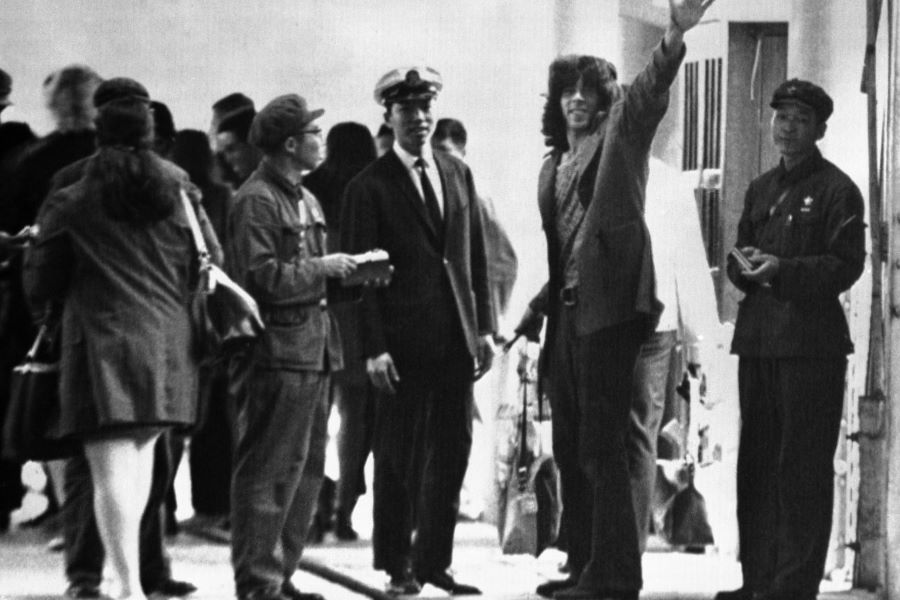
by Jonathan Sharp | 6 Apr 2021 | Americas, Asia, China, Educators' Catalog, Eyewitness, Government, Personal Reflections, Politics, Sport, United States
Ping-pong players paved the way for a thaw in relations between China and the U.S. in the early 1970s. I witnessed this pivotal moment in history. Flanked by Chinese border officials, Glen Cowan, a member of the U.S. ping-pong team, waves to newsmen at Lowu, China,...
News Decoder’s correspondents have covered many of the biggest international stories of the past half-century, offering our students an unparalleled historical perspective on complex global events. Jonathan Sharp has tapped his rich professional adventures time and again for News Decoder, producing yarns about covering the Vietnam War and showing U.S. actress Shirley MacLaine around Beijing. In his latest article, Sharp recounts witnessing a pivotal moment in China-U.S. relations in 1971, when a team of U.S. ping-pong players visited China, paving the way to a thaw in relations between the two nations. Sharp skillfully mixes personal anecdotes with an impartial look at history to transport students born more than a generation after the “transformative moment” back in time.
Exercise: Ask each of your students to speak to at least one parent to identify a moment in their youth when they witnessed an important event. After interviewing the parent, the student should write an article mixing the parent’s viewpoint in the first person with third-person background and explanation.
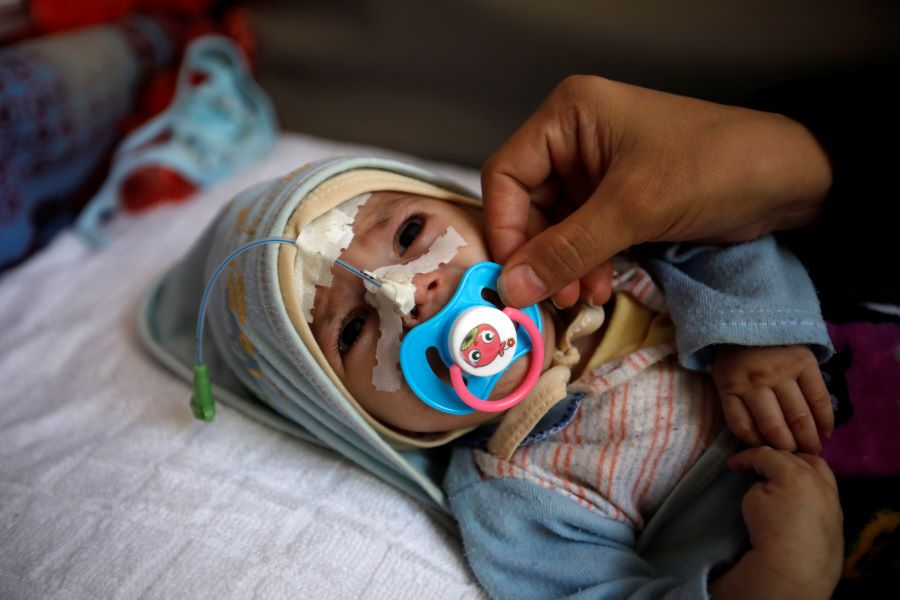
by Alistair Lyon | 29 Mar 2021 | Conflict, Educators' Catalog, Human Rights, World
A civil war in Yemen marked by foreign meddling has created an unparalleled humanitarian disaster with no end in sight, even if a truce were agreed upon. A malnourished child waits to be fed at a hospital in Sana’a, Yemen, 21 March 2021. (EPA-EFE/YAHYA ARHAB) A...
News Decoder is backed by dozens of veteran correspondents who have covered many of the world’s biggest and most complicated stories of the past half-century. Mentors to students in our partner schools, the correspondents are experts in their own right in many of the world’s most intractable and consequential issues. Cutbacks in spending on foreign news means some big stories don’t receive the attention they deserve in mainstream Western media. But Alistair Lyon, a former Middle Eastern diplomatic correspondent for Reuters, won’t let News Decoder readers forget the humanitarian disaster underway in Yemen. Have your students read this article to learn about the complex conflict gripping Yemen and ask them to identify other ongoing humanitarian crises that are not grabbing headlines.
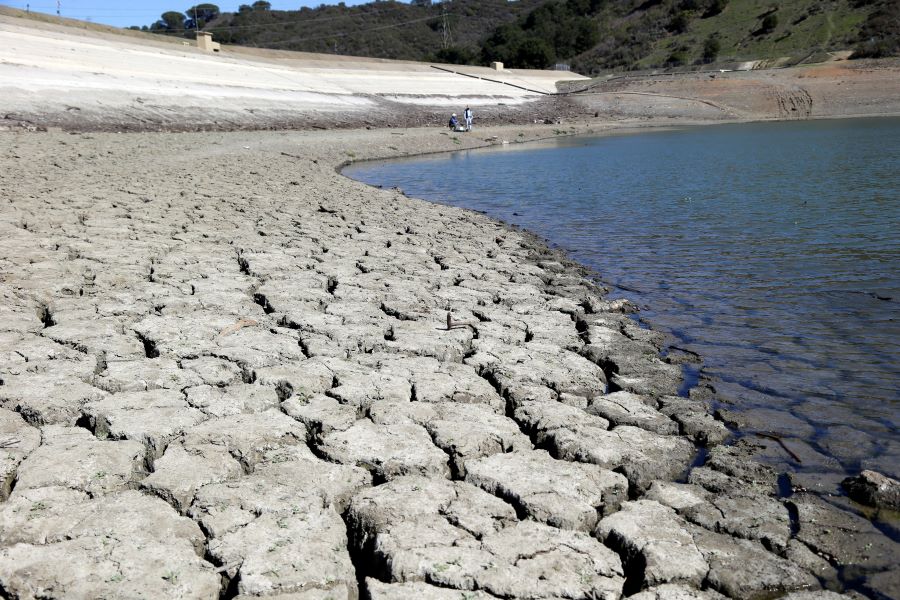
by Li Keira Yin | 25 Mar 2021 | Americas, Educators' Catalog, Environment, Health and Wellness, Student Posts, Thacher School, Youth Voices
California’s water supplies are being squeezed by climate change. By better capturing, recycling and distributing water, the state can avert a crisis. A dry reservoir bed in Cupertino, California, 13 March 2014 (AP Photo/Marcio Jose Sanchez) Water has long been...
Beset by raging wildfires and drought, Californians could be forgiven for thinking a climate Armageddon is upon them. The easy assumption would be that global warming means the most populous U.S. state does not have enough water for its many farmers and citizens. Keira Yin of The Thacher School provides a fuller picture by interviewing a water resilience expert and probing data. She concludes that stepped-up efforts to better capture, recycle and distribute water could go a long way towards ensuring the state can fend off the effects of climate change. Ask your students to consider how climate change is affecting water supplies in your region and to identify what the government is or could be doing about it.
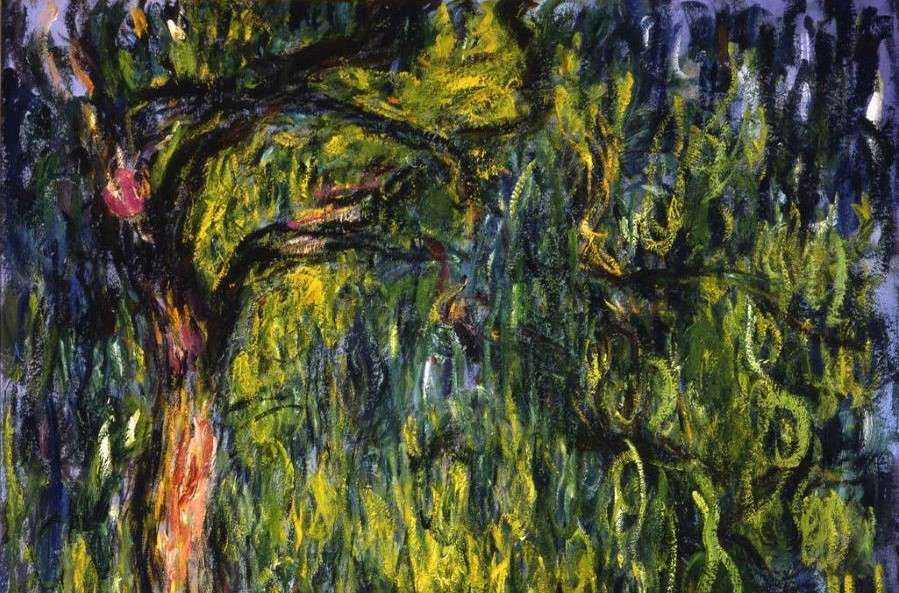
by Santiago Riveros Crosby | 16 Mar 2021 | Educators' Catalog, Environment, Gimnasio Los Caobos, Student Posts, Youth Voices
An old man and his great-grandson look out over a city—devoid of trees. Is this nature as our offspring will know it? Claude Monet, “Weeping Willow” (1918), Columbus Museum of Art, Wikimedia Commons Santiago Riveros Crosby is a student at News Decoder...
Climate change poses an existential threat to humanity that hangs like a dark cloud over students. Add to that a pandemic that has killed millions and turned students’ lives inside out, and you have a one-two punch to the mental well-being of even the most resilient students. Santiago Riveros Crosby of Gimnasio Los Caobos has both climate change and COVID-19 in mind in his very short story that takes us to the year 2060 and a landscape devoid of trees, viewed by a masked boy and his great-grandfather. Writing tightly is tough, but in just a few words, Crosby evokes a young generation’s angst. Ask your students to express their feelings about global warming and the pandemic — using the medium of their choice.
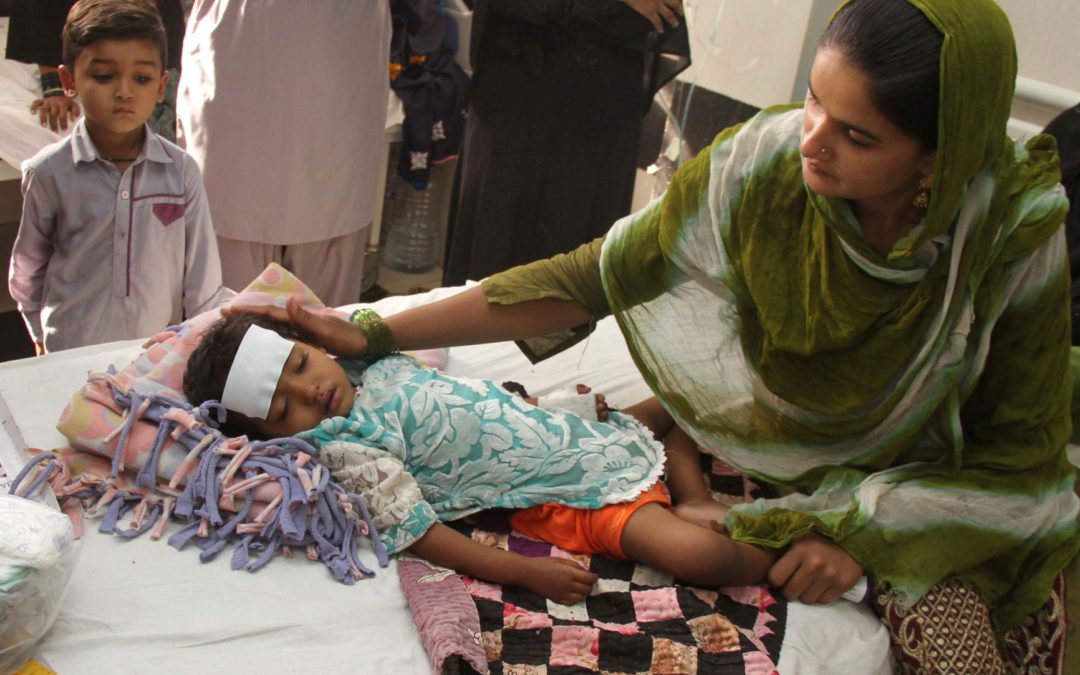
by Sarah Edmonds | 10 Mar 2021 | Decoders, Educators' Catalog, Health and Wellness, World
Around the world, microbes are outsmarting drugs. If antibiotics against disease don’t work, bacteria could end up killing more people than COVID-19. A girl suspected of suffering from drug-resistant typhoid receives medical treatment at a hospital in Hyderabad,...
COVID-19 has upended the lives of billions of people, and for many, the end is not yet in sight. But in her thoroughly researched article, News Decoder correspondent Sarah Edmonds looks beyond the pandemic at an insidious epidemic that could, over time, kill many more people than COVID-19 ever will. The topic has a complicated name — antimicrobial resistance (AMR) — but Edmonds explains it in simple terms and demonstrates why all of us need to be concerned about AMR. Edmonds’s article, which is supported by interviews with top scientists, is not all gloom and doom. It makes the case that COVID-19 may make governments more prone to act in time to arrest AMR. Edmonds’s article is essential reading for anyone new to the important topic of AMR. Assign it and ask your students to identify lessons that can be drawn from COVID-19 to help the world in the future.
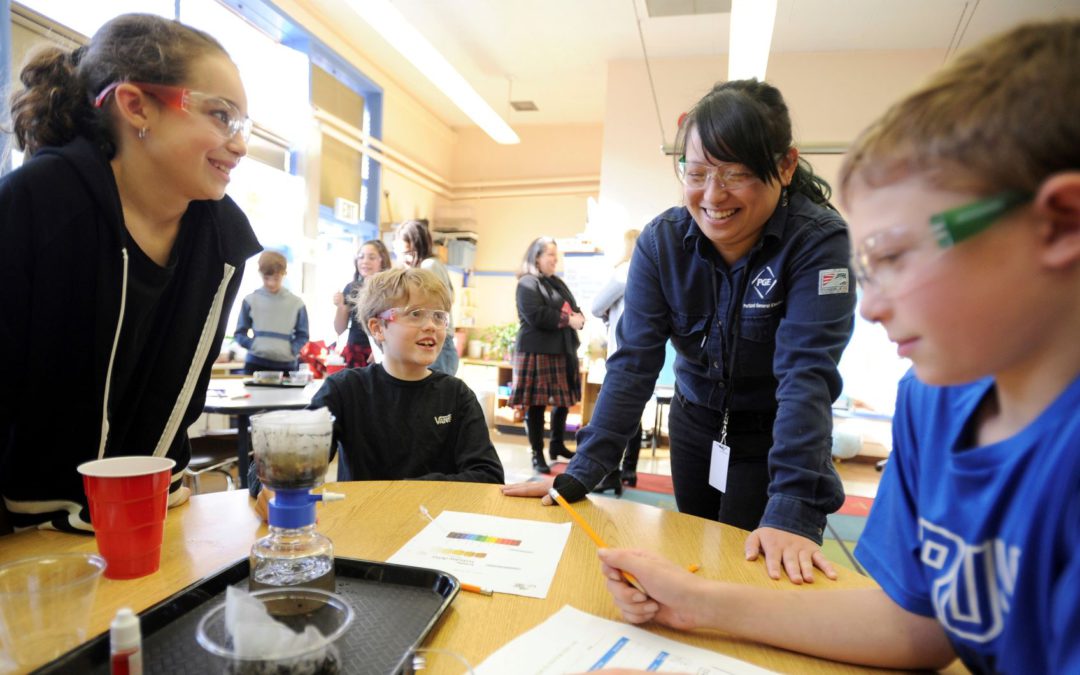
by Lucy Jaffee | 24 Feb 2021 | Americas, Climate change, Contest winners, Contests, Educators' Catalog, Environment, La Jolla Country Day School, Student Posts, United States, Youth Voices
Most Americans want schools to teach about global warming. But skeptics and lack of teacher training make it hard to implement climate change education. Students learn about water filtration as part of their climate literacy curriculum in Portland, Oregon, 30 January...
Climate deniers have lost the political high ground in the United States, but the struggle to combat global warming has only just begun. Lucy Jaffee of La Jolla Country Day School explores why teaching about climate change can help reduce carbon emissions, but also why U.S. schools are having such a hard time fostering climate literacy. She interviewed a local expert and two teachers in her examination of the challenges schools face in meeting the expectations of parents who want climate change in the curriculum. Ask your students to explore how climate change is being taught in their school, and if not, why not?
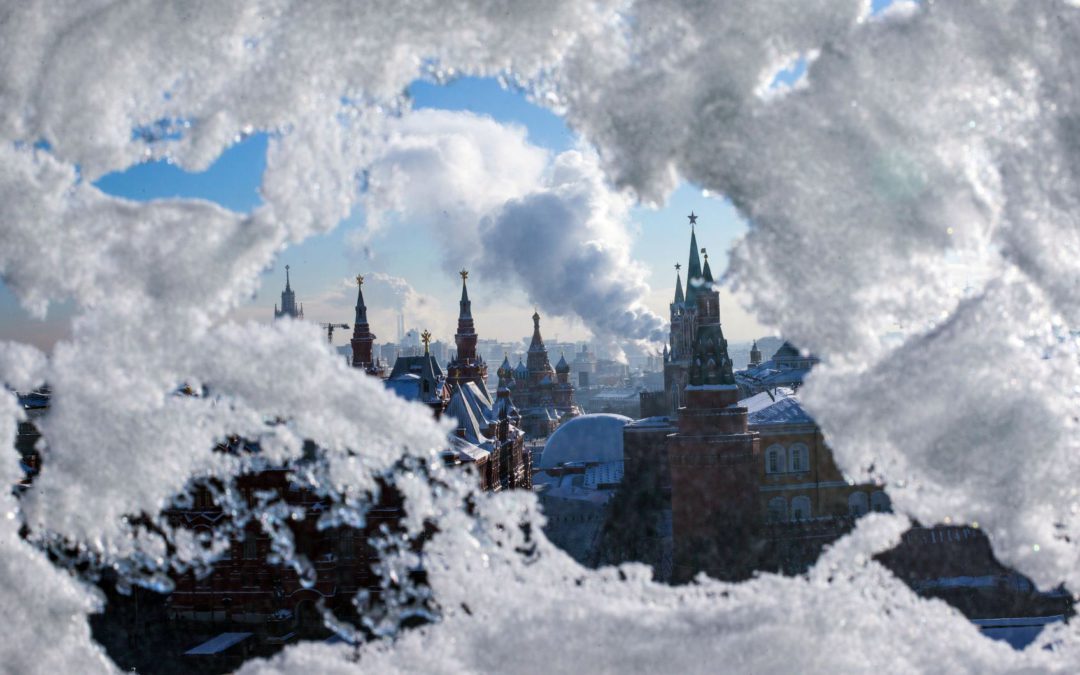
by Sarah Lindemann-Komarova | 15 Feb 2021 | Educators' Catalog, Europe, Future of Democracy, Human Rights, Politics
Russians are keen for change but are not necessarily pinning their hopes on dissident Alexei Navalny as an alternative to Vladimir Putin. The Kremlin, Moscow, Russia, 23 January 2013 (EPA/SERGEI ILNITSKY) Tens of thousands of Russians have taken to the streets in...
Harried journalists often depict complex situations in black and white, and the temptation is especially strong when one is on a bandwagon with reporters convinced of a single narrative. Alexei Navalny has captured the imagination of the West and for many embodies the future of democracy in Russia as an alter-ego to Vladimir Putin. Sarah Lindemann-Komarova has lived in Siberia for 28 years and brings a more nuanced perspective to the story. Little wonder that her article, which notes the skepticism with which many Russians view the Kremlin critic, quickly attracted comments from readers following Navalny’s saga. Ask your students who their political heroes are and why. And who does not like them — and why.
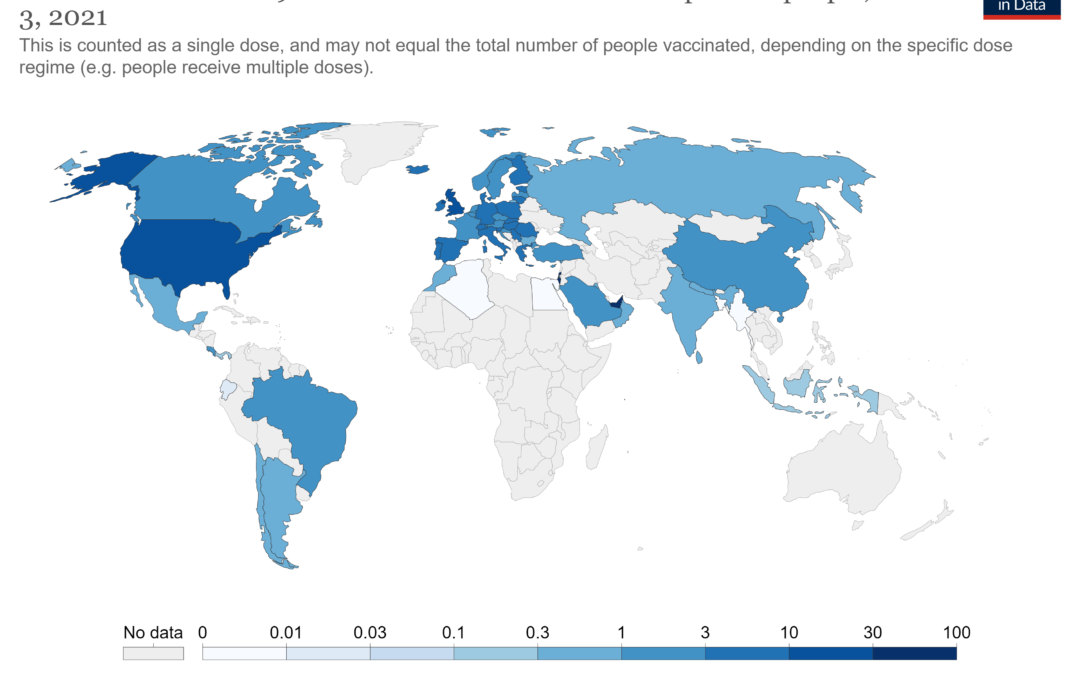
by Jeremy Solomons | 5 Feb 2021 | Economy, Educators' Catalog, Health and Wellness, Human Rights, World
COVID-19 vaccination programs are moving slowly in poor nations, threatening the world’s health and raising risks for rich countries’ economies. From ourworldindata.org Sometime very soon, the world will reach a significant milestone in its battle to...
As nations struggle with the terrible health and economic consequences of COVID-19, the rush is on to roll out vaccines to as many people as possible. Leaders of developed economies might be excused for protecting their citizens above all — if it didn’t mean leaving out masses of people in the Global South. Jeremy Solomons taps official data and experts to spell out the dangers for both poor and rich nations alike if steps are not taken to ensure vaccines reach the four corners of the world. Ask students how they would ensure the equitable distribution of COVID-19 vaccines — and whether they would be willing to help pay for it.










